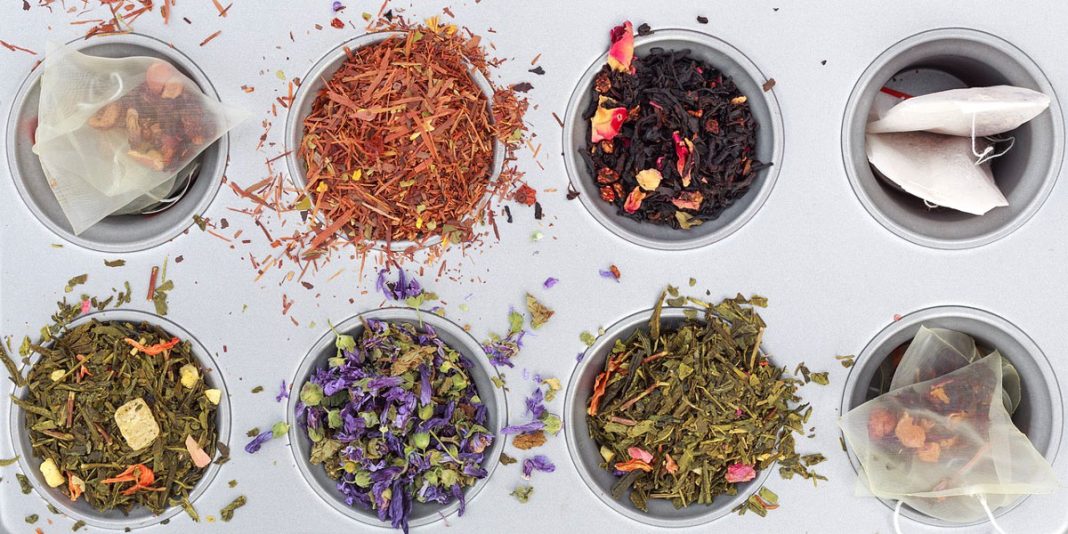Are you on a never-ending search for a diet that helps you slow down ageing, makes you lose weight and feel lighter, improves skin health, improves energy levels and immunity, and helps induce feelings of calm? According to Ayurveda, the best solution to attain all of this does not lie in finding the appropriate foods, but in abstaining from food, give eating a break, and focusing on fasting. Body is self-healing and given a break, it auto-heals itself in multiple ways.
The idea of fasting is not new and in most ancient traditions fasting has been practised for improving health, optimizing body functionality, and rejuvenating the organ systems. It is a known fact that digestion consumes huge energy and in the case of regular difficult digestive processes, the body’s healing capabilities are compromised. During the process of digestion, the blood flow gets redirected to digestive organs which steals away the blood circulation from the areas that need healing. Thus, giving a break to digestion is a huge potential for the body to get back to healing processes. Further, to keep digestion healthy in the long run, it is important to make food choices that are digestion friendly.
Kinds of Fasts and Food Choices
Liquid Fasting:
Liquid fasting is intense fasting and mostly practised by people who already are in a state of great health. Following liquids and fluids can be consumed during this fast.
- Warm water helps hydrate the body.
- Herbal teas help hydrate, cleanse, and provide minerals.
- Infused water helps detoxify and provides a host of vitamins and minerals.
- Lemon water induced the liver’s capability to detoxify.
- Clear vegetable soups help provide nutrition and help cleanse the body.
- Juices help detoxify and mineralize the body.
Intermittent Fasting:
Most ancient traditions have always suggested having an early dinner, keeping a gap of at least 3 hours between bedtime and dinner and following cleansing morning practices before consuming breakfast. This pattern inherently includes the concepts of intermittent fasting! Intermittent fasting can be followed keeping the eating window anywhere from 8, 10 or 12 hours and fasting rest for a number of hours. The choice of right foods during intermittent fasting helps the effects of fasting to be attained at a different level. The following foods can be focussed-on during intermittent fasting.
- Whole Grains are a source of complex carbohydrates, ideal for the body’s energy needs and provide steady source of energy. Consumed in moderation, these foods do not cause blood-sugar fluctuations and insulin spikes. Sources include brown rice, millets, buckwheat, amaranth and oats.
- Beans and lentils are a great source of proteins and a variety included in diet each day ensures the consumption of complete proteins. Sources include kidney beans, chickpeas, and mung bean dal.
- Including 5-6 different servings of fruits and vegetables provides a host of vitamins and minerals.
- Nuts and seeds are a great source of good fats and proteins and serve well to satiate hunger cravings.
- Herbs and spices help enhance the taste of foods and are a great source of antioxidants.
Juice Fasting:
Juice fasting is a quick detoxification technique and can last from1-3 days maximum. Various combinations of alkalizing fruit and vegetable juices are consumed on a juice fast.
- Vegetables such as spinach, carrot, beetroot, lemons, and tomato are used for juicing.
- Fruits like apples, papaya, oranges, and watermelon are used for juicing.
- Water is consumed for hydration throughout the day.
- Coconut water provides deep hydration during juice fast.
- Herbal teas can be consumed during a juice fast.
Ayurvedic Fasting:
Ayurvedic fasting is a completely different approach to fasting. It is based on the premise that the body should be fed light, digestion-supporting foods during this fast. Simple foods that support an Ayurvedic fast include:
- Ginger tea with an optional concoction of various spices like cinnamon, coriander, fennel, cardamon & cumin is a staple during Ayurvedic fasting to keep the metabolic fire (agni) high that is supposed to burn the toxins.
- CCF (Coriander, cumin and fennel) tea is yet another staple in Ayurvedic fasting. It helps remove undigested matter from the body.
- Fats like ghee are highly supported in Ayurveda for their ability to lubricate the deepest body tissues.
- Khichdi, a special rice and yellow split mung bean porridge is highly favoured in Ayurveda during a fast as it is easy on digestion, provides energy and nourishes the body tissues deeply.
- Mung bean soup with vegetables, coconut milk, and a variety of spices is consumed as a staple during Ayurvedic fasting.
- Stewed apples and hot porridge made with oats are yet another preferred food choices during an Ayurvedic fast.

